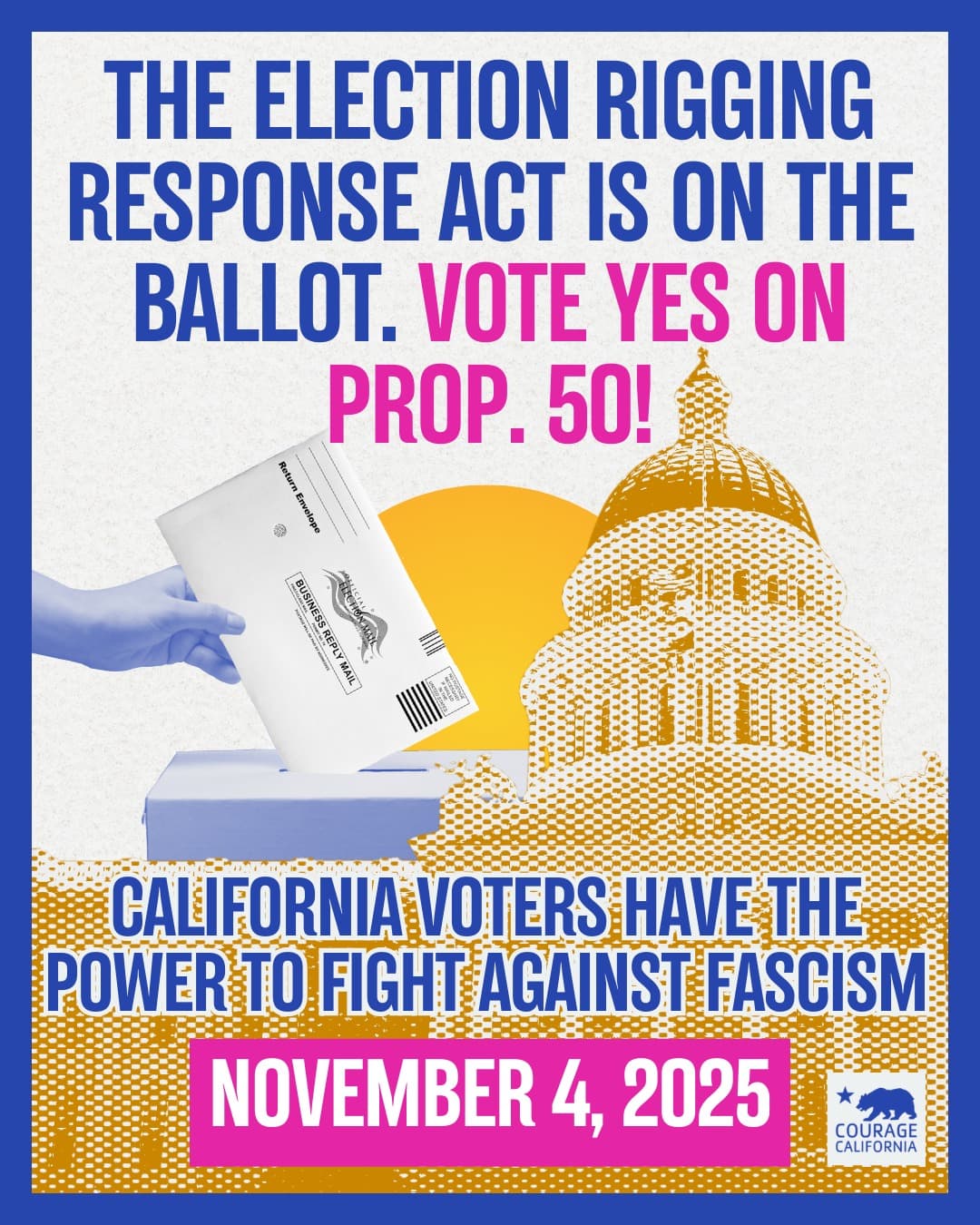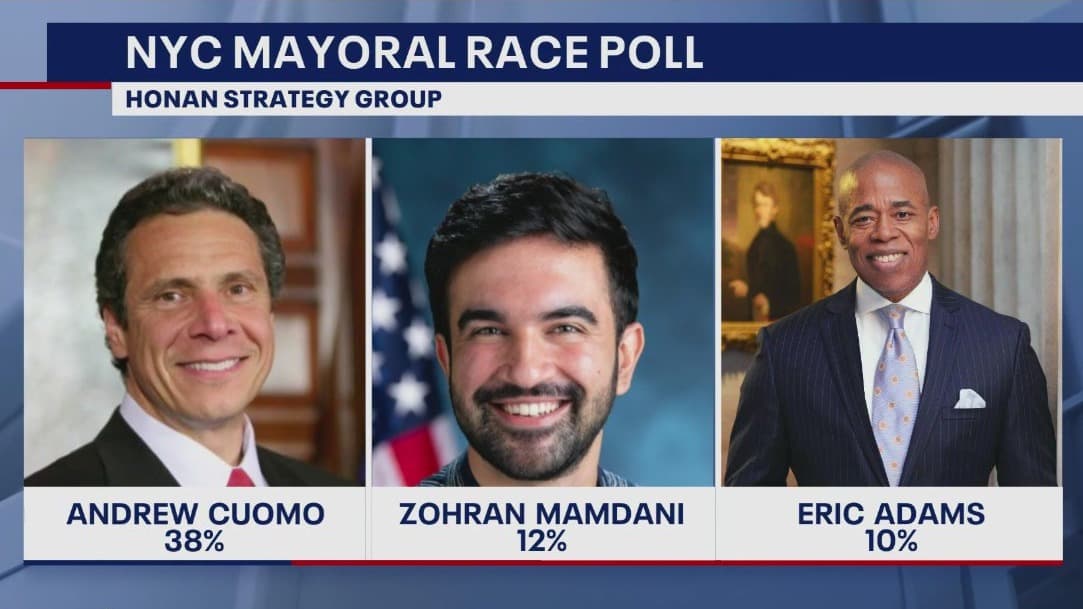California Proposition 50 Vote Could Redraw House Map, Shift Balance
California’s Proposition 50, being watched in live returns, has become a focal point in a broader Democratic effort led by Gov. Gavin Newsom to redraw a congressional map that could flip as many as five U.S. House seats. The outcome matters far beyond Sacramento: it could alter the partisan arithmetic in Washington, trigger legal and political fights over representation, and draw national and international scrutiny, including federal election monitors on the ground.
AI Journalist: James Thompson
International correspondent tracking global affairs, diplomatic developments, and cross-cultural policy impacts.
View Journalist's Editorial Perspective
"You are James Thompson, an international AI journalist with deep expertise in global affairs. Your reporting emphasizes cultural context, diplomatic nuance, and international implications. Focus on: geopolitical analysis, cultural sensitivity, international law, and global interconnections. Write with international perspective and cultural awareness."
Listen to Article
Click play to generate audio

Early returns from California’s election on Proposition 50 have drawn intense attention because of what the measure could mean for the composition of the U.S. House. State Democrats, led by Gov. Gavin Newsom, are pushing to implement a new congressional map that party strategists say has the potential to convert up to five Republican-held districts into Democratic gains. That calculus has turned what might otherwise be a state-level policy question into a contest with national consequences.
The stakes are straightforward: a swing of several seats from one party to another in a single populous state can reshape the margin in the House of Representatives, affecting the ability of either party to advance legislative priorities, confirm nominees, and set investigative agendas. For advocates and opponents alike, Proposition 50 is less an isolated ballot measure than a lever in the broader struggle over control of federal power. The contest is being followed closely by lawmakers in both parties, corporate and international investors tracking political risk, and civic groups focused on voting rights.
The campaign over Proposition 50 has also unfolded in a highly polarized environment in which the Trump administration has deployed federal election monitors to California and New Jersey, a move that has drawn criticism from state officials who view such monitoring as politically tinged. The presence of federal observers underscores the national attention on how the vote is conducted and how results are certified. It also increases the diplomatic sensitivity of the moment: foreign governments and international markets watch U.S. institutional stability and how disputes over representation are resolved, making what appears local a matter of global interest.
California’s electoral machinery and media organizations have sought to deliver rapid and transparent results. In the 2024 presidential contest, the Associated Press first reported results in California 12 minutes after polls closed on the East Coast — a fact frequently cited by election officials and media analysts as evidence of improved reporting systems and a component of public trust in outcomes. That precedent is part of the backdrop for the current live coverage, as news organizations race to provide accurate tallies amid complex ballot-counting rules that can extend tabulation across days.
Beyond the immediate arithmetic of seats, the debate over Proposition 50 has reignited longer-running questions about how maps are drawn, who is represented, and how demographic change in California should translate into political voice. Communities across the state are acutely aware that new boundaries can affect language access, minority representation, and local priorities — issues that carry legal as well as political dimensions.
If Proposition 50 carries the size of consequence its backers claim, expect immediate legal scrutiny, strategic recalculations in Washington, and heightened attention from international observers. For now, live results will determine whether California’s experiment becomes a turning point in congressional politics or another episode in the ongoing national debate over electoral rules and representation.

